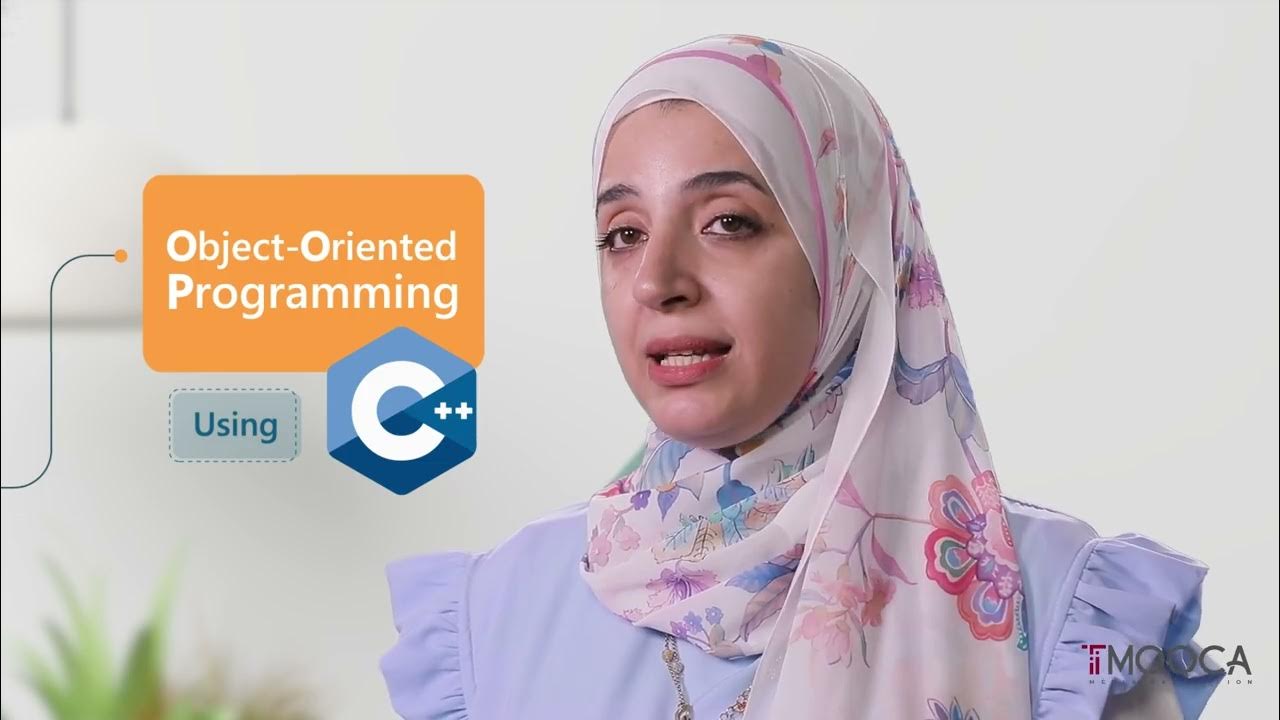FEATURES OF JAVA
Summary
TLDRThe video provides an overview of Java's powerful features, explaining why it's a popular programming language. Key topics include Java's simplicity, being based on C++ syntax, and the lack of pointers, which prevents memory leakage through automatic garbage collection. It emphasizes Java's object-oriented nature, portability across platforms, security via sandboxing, and its architecture-neutral design. Java's features like multi-threading, high performance through the just-in-time compiler, and support for distributed applications using RMI technology are highlighted, along with its dynamic nature that allows runtime class and method loading.
Takeaways
- 😀 Java is simple due to its syntax and object-oriented concepts derived from C++.
- 🔒 Java enhances security by removing pointers and implementing garbage collection to prevent memory leaks.
- 🚀 Java does not support operator overloading to reduce performance overhead.
- 🧩 Java is object-oriented, using classes and objects with features like encapsulation, inheritance, and polymorphism.
- 🔄 Java's portability allows compiled bytecode to be transferred and run on any system with a JVM.
- 🌐 Java's platform independence is achieved through bytecode execution by the JVM on various operating systems.
- 🛡️ Java's security features include bytecode scanning by the JVM and the sandbox security model for malicious code.
- 💻 Architecture neutrality allows Java bytecode to run on any processor without dependency on underlying hardware.
- ⏱️ High performance in Java is achieved through the JVM's just-in-time compiler and efficient memory management.
- 🧵 Java supports multi-threading, allowing for parallel execution of tasks for improved performance.
- 🌐 Java enables distributed applications through technologies like RMI, facilitating remote method invocation.
- 🔄 Dynamic features in Java allow for classes to be loaded and methods to be invoked at runtime.
- 🔌 Java can be integrated with other languages like C and C++ for application development.
Q & A
What is one of the reasons Java is considered a simple programming language?
-Java is considered simple because it is based on C++, and its syntax and object-oriented concepts are derived from C++. Additionally, Java does not support pointers, which simplifies memory management and reduces issues like memory leakage.
How does Java handle memory management differently than C++?
-Java uses a feature called garbage collection, which automatically releases the memory of unused objects. This eliminates the need for manual memory management, which in C++ could lead to memory leakage if not handled properly.
Why is operator overloading not supported in Java?
-Operator overloading is not supported in Java because it increases performance overhead. Finding and managing the meanings of different operators can be time-consuming, so removing this feature enhances efficiency.
What are the main object-oriented programming concepts supported by Java?
-Java supports the key object-oriented programming concepts of encapsulation, inheritance, and polymorphism. Encapsulation wraps data and methods into a single unit (class), inheritance allows subclasses to reuse properties of a superclass, and polymorphism enables tasks to be performed in multiple ways using methods with the same name but different parameters.
How is Java a platform-independent language?
-Java is platform-independent because its compiled bytecode can be run on any operating system that has a Java Virtual Machine (JVM). This means the same Java class file can be executed on different platforms without recompilation.
What makes Java secure for internet applications?
-Java is secure because its bytecode runs in the JVM, which scans for malicious code. The Java security model, including the sandbox model, isolates and removes potentially harmful code from accessing system resources.
What role does the Just-In-Time (JIT) compiler play in Java’s high performance?
-The JIT compiler in Java helps enhance performance by compiling blocks of bytecode into machine code at runtime. This allows Java applications to run faster, as the code is optimized during execution.
How does Java support multi-threading, and why is this important?
-Java supports multi-threading, allowing multiple threads to run in parallel, which leads to faster execution of tasks. Multi-threading is important because it enables concurrent execution, improving performance and responsiveness of applications.
What is Remote Method Invocation (RMI) in Java, and how is it used?
-Remote Method Invocation (RMI) allows Java applications to call methods that reside on remote systems. This enables the development of distributed applications where the method is executed on a different machine, but the results are sent back to the calling system.
What is dynamic class loading in Java, and why is it beneficial?
-Dynamic class loading allows Java to load classes at runtime based on the needs of the program. This flexibility makes Java more adaptable to changing conditions, as methods or classes can be invoked dynamically during execution.
Outlines

Этот раздел доступен только подписчикам платных тарифов. Пожалуйста, перейдите на платный тариф для доступа.
Перейти на платный тарифMindmap

Этот раздел доступен только подписчикам платных тарифов. Пожалуйста, перейдите на платный тариф для доступа.
Перейти на платный тарифKeywords

Этот раздел доступен только подписчикам платных тарифов. Пожалуйста, перейдите на платный тариф для доступа.
Перейти на платный тарифHighlights

Этот раздел доступен только подписчикам платных тарифов. Пожалуйста, перейдите на платный тариф для доступа.
Перейти на платный тарифTranscripts

Этот раздел доступен только подписчикам платных тарифов. Пожалуйста, перейдите на платный тариф для доступа.
Перейти на платный тарифПосмотреть больше похожих видео

Java Programmer | Java Programmer Job | What a Java Developer Does | Java Developer Work in Company

JAVA TECHNICAL QUESTION & ANSWERS FOR INTERVIEW PART - I

Java’s new paradigm | Ties van de Ven

Object-Oriented programming Course Intro

Lec 5: Features of C++ Programming Language | C++ Tutorials for Beginners

1.2 Pengantar Java
5.0 / 5 (0 votes)
